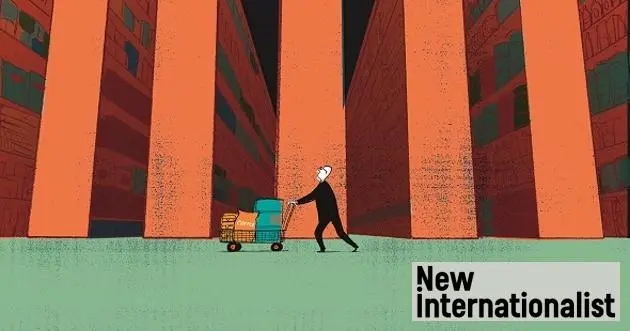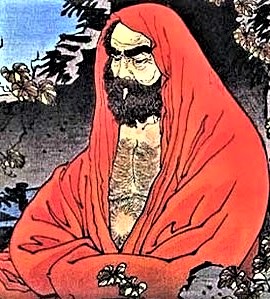An interesting read that confirms many of my thoughts regarding the rise of negativity and hopelessness in the modern world. It explains much of what I feel well. Thanks for sharing.
deleted by creator
A thinly-veiled plug for political ideology, which will never accomplish what religion can.
Religion isn’t special or even that different from a political ideology.
Despite the common perception that religion seeks to answer mankind’s questions about life and death, in reality, religion is the practice of engaging with the ineffable, with a mystery that has no solution. This is a fundamentally different function than that of political ideology.
The confusion comes from the fact that a lot of what passes for “religion” in contemporary consumerist societies operates in exactly the same transactional mode as the rest of life. It’s a kind of consumer capitalist degeneration of religion, where the original religious function (reconnecting) has become overwhelmed by the consumerist dynamic of making payment (financial or by performing supposedly “moral” or “godly” acts) for some reward (salvation, heaven, prosperity or just membership of the club).
I didn’t really get that sentiment from the article. To me the author seems to emphasize the importance of religion/spirituality as important for providing an “existential orientation,” although that point is somewhat obscured by their flowery, albeit precise, language. Though they do wrap up with that odd citation about having a cultural council, which seemed a bit out there for me.




